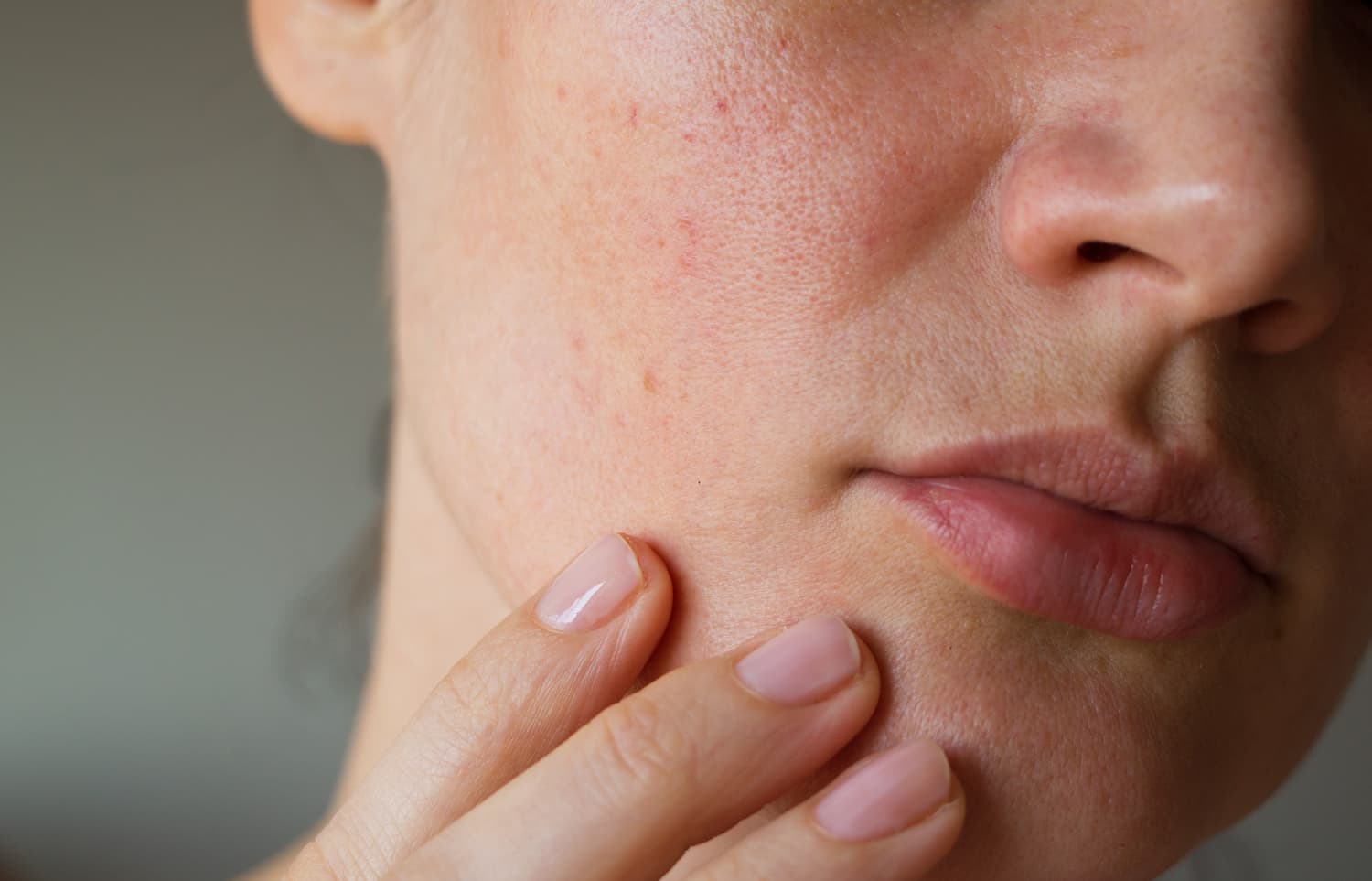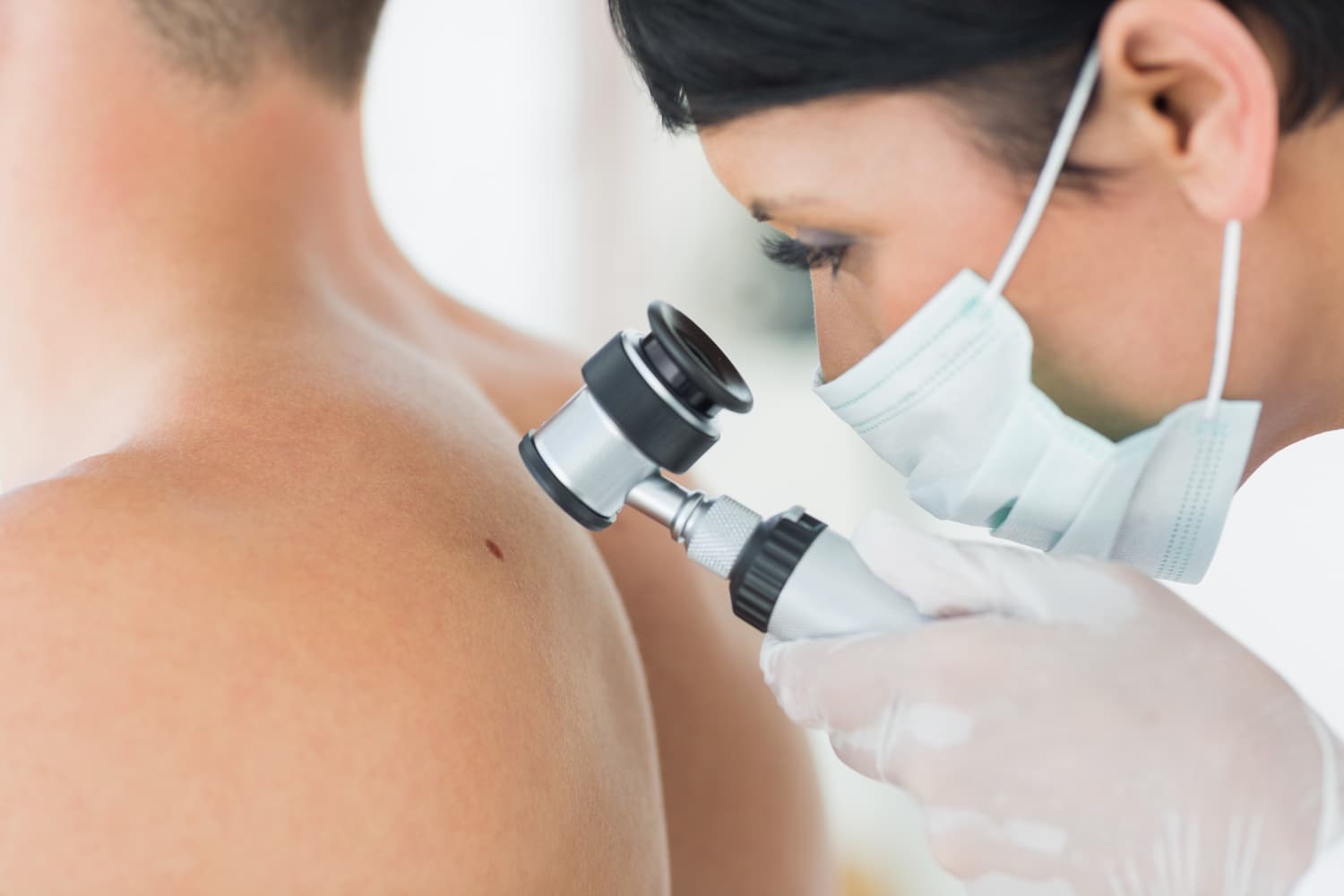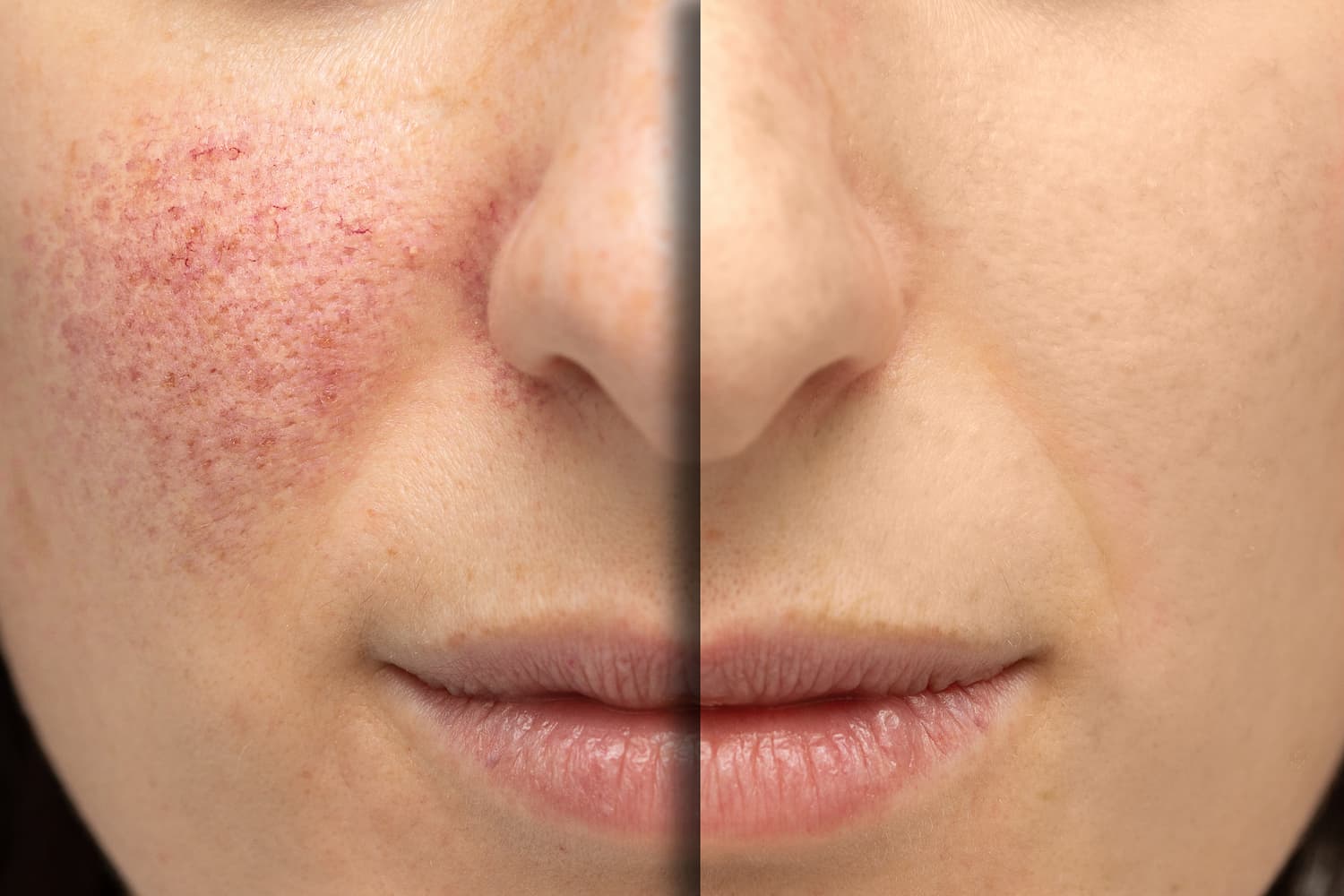In addition to premature skin aging, exposure to ultraviolet (UV) radiation is associated with approximately 65% of melanoma cases and 90% of non-melanoma skin cancers, including basal cell carcinoma and squamous cell carcinoma.
Like many people, you may fall in the spectrum of wanting to guard your skin against sun exposure, but not being fully aware of sun-safe strategies. For instance, maybe you will grab something with SPF on the label, put it on some parts of your body, and hope for the best. While we strongly encourage daily sunscreen use, you can reduce your risk of sun damage and skin cancer by combining several strategies and being aware of others that you shouldn’t fully rely on to keep your skin safe from the sun!
CON: Your makeup has SPF 30
The SPF that is in foundations and BB creams can offer protection, but unless you apply your makeup in a thick layer and reapply every two hours, most makeup products won’t be strong enough to guard the sun’s harsh rays. The amount of protection we get from a product varies on the SPF number, thickness, and how much we wear. Plus, not all products are made with the same ingredients so you may have a false sense of security. So before you rely on the SPF in your foundation, think again and double-check the label to learn more about what you’re applying.
PRO: Something you can do is rub on sunscreen or daily moisturizer with SPF 30+ every morning, followed by makeup or whatever else you like to wear for coverage on your face. If you are going to be in the sun for a long time, you will need to reapply every two hours. For those of you who are worried about ruining your makeup while reapplying, we highly recommend the easy-to-apply Colorescience Sunforgettable® Total Protection Brush-On Shield SPF 50. This all-mineral skin shield provides complete protection in one convenient, on-the-go application—alone or over makeup. You can also wear a wide brim sun hat, sunglasses, and seek shade whenever possible.
CON: Sheerly relying on sheer cover ups
Sheer fabric clothing and white t-shirts can be nice to wear to the beach, but can’t be trusted when it comes to protecting your skin! A thin white t-shirt has the same coverage as SPF 5, and if the shirt gets wet that number reduces to SPF 3.
PRO: Some of our favorite apparel brands like Coolibar, Low Ultraviolet (L.U.V.), and Mott 50 are proven to provide UV protection while also offering safe, fashionable clothing items and accessories. Many items go up to SPF 50—an approach that is more simple than putting sunscreen all over your body before putting on clothes.
CON: Expired sunscreen must be better than no sunscreen
Time to toss that random bottle of sunscreen you found in the trunk of your car, back of your closet, or in your old beach bag from last year. Hot tip: Sunscreens are usually good for up to three years and last longer and more efficiently if they are stored in a cool shady spot, like a beach bag or your cooler. If you’re about to use a sunscreen bottle found in your closet or old beach bag remember to check the expiration date and avoid these sunscreen mistakes!
PRO: Make sure to refresh your sunscreen supply regularly, and pay attention to the expiration dates. When you are done using your sunscreen, store it in a cool location, in your cooler, make-up cabinet, under a beach towel, or inside your house.
CON: Shield your strands
A head full of thick hair can help protect the scalp from the sun—but even those with thick, Rapunzel-like hair, can often leave the hair part and ears exposed. Dermatologists see precancers and skin cancers including melanoma in these areas. When it comes to protecting your hair from sunlight, there are bigger fish to fry. Hair color change due to sunlight exposure is a real phenomenon, but its effect is only temporary since new hair will soon replace the old. On the other hand, the sun-damaged skin of the scalp is more permanent. In conclusion, keeping your hair out of the sun isn’t a bad idea; it’s just not something for you to lose sleepover.
PRO: First and foremost, we ask that you focus on protecting your scalp and face from developing skin cancers. If you wear a hat to protect your scalp from the sun, then we are happy dermatologists. Tightly woven, broad-brimmed hats offer ideal protection, but also SPF spray or dusting SPF powder massaged into the part or over thin areas can help too.
CON: Your car window blocks the sun
UVA light goes right through car windows, and some researchers believe those in the U.S. can have increased sun damage, sun spots, wrinkles, and skin cancers on the left side of the face and body compared to the right. We can’t assume that just because we’re in the car all day we’re fine to skip sun protection.
PRO: Before getting in the car, lather up with sunscreen on all exposed areas. Consider a quick layer of sunscreen in the car as the skincare equivalent of buckling up. Don’t forget to outfit the often-overlooked parts of your body—Coolibar sun gloves and sun sleeves are the best, hands down.
CON: Supplements claiming to help protect skin from the sun
These may sound like an easy way to protect the skin, but not every supplement on the market has been proven to be safe and effective as a method of sun protection. The Food and Drug Association warned consumers about sunscreen pills as putting people’s health at risk by giving consumers a false sense of security that a dietary supplement could prevent sunburn, reduce early skin aging caused by the sun, or protect from the risks of skin cancer. With that said, there are options out there that complement your sun safety goals. For example, Heliocare is a clinically proven and dermatologist-recommended dietary supplement that we love and trust to help maintain your skin’s ability to protect itself against the aging effects of free radicals.
PRO: You should be sticking to what is 100% proven to help keep your skin healthy and safe. Wear your SPF, seek shade during the day, wear protective clothing like hats, sunglasses, and clothing that covers exposed skin—and add a supplement to round out your sun safety measures!
Now you are a sun-safety pro, so use these everyday tips and start living your sun-safe life. Also, remember to check the skin you’re in this summer and come into Affiliated Dermatology to meet with our team for a skin cancer screening! Early detection saves lives. Skin exams, both at home and with a dermatologist, are especially vital to spot skin cancer early when it’s easiest to cure.






